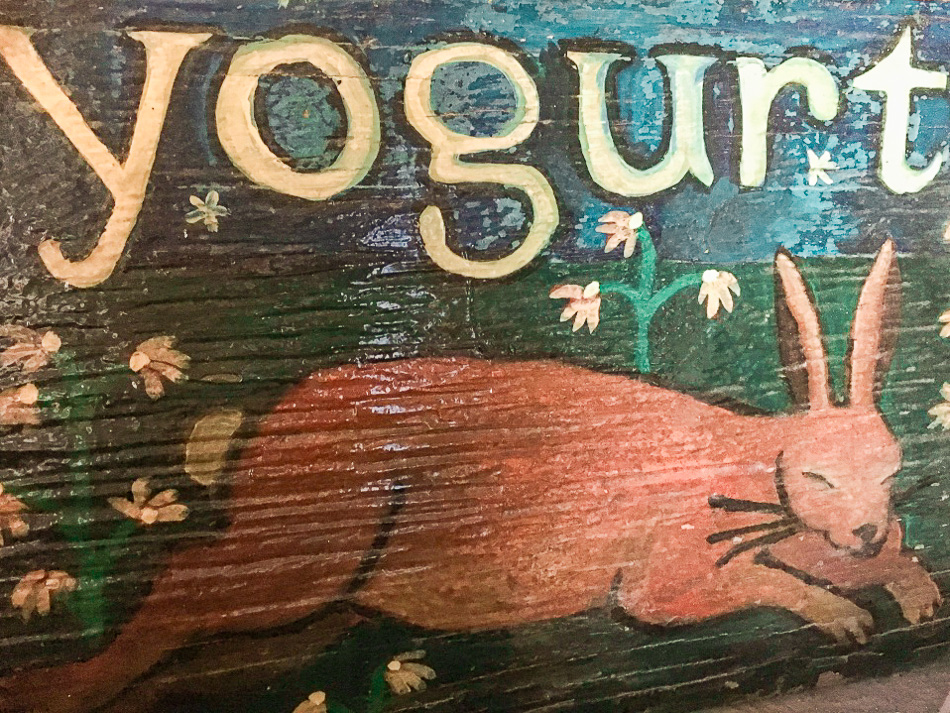
What’s the microbiome?
I get by with a little help from my friends. Every human body is host to trillions of microbial cells including beneficial and commensal, as well as, pathogenic species of bacteria, viruses, and fungi. These approximately 39 trillion “bugs” live on us and within us, we’re quite literally teeming with microbes, tiny living organisms, which, en masse, are called the human microbiota—aka our gut microbiome. These microbes not only populate the entire length of the digestive tract, but are similarly found on the skin, in the nose, ears, and every bump and hollow of the body. We acquire these bacteria during birth from our mother and local surroundings, and mainly during the first years of life our “gut bugs” are established—thus promoting the development of the immune system, establishing an equilibrium in the population of microbial species for a balanced microbiota. Approximately 10 X more microbes than human cells inhabitor or invade our body, which seems a bit creepy, but go ahead and consider them (at least the friendly ones) your pets. Feed them prebiotic and fermented foods—and they’ll love you back. Bacteria and other microbes in the intestines of humans, animals, and insects digest nutrients and produce vitamins and other growth factors. Beneficial microbes aid digestion of the foods we eat through their natural processes of fermentation and enzyme production, produce vitamin K, and detoxify harmful chemicals. Once established these microbes live with us throughout our lives, but can become dysbiotic by such disturbances as antibiotics, stress, toxins, and excessive EMF exposure.
Microbes are Essential Workers
Fermentation is what probiotic microbes do for a living. They’re essential to making many foods we enjoy, such as bread, cheese, yogurt, beer, and wine. Probiotic supplements—those pills you pop to reduce bloating and aid digestion—are a collection of beneficial bacteria, often genus Lactobacillus and Bifidobacterium of various species and strains, and they each have an affinity for certain locations along the digestive tract. Probiotics help restore composition and diversity of the gut microbiome, introducing beneficial strains to existing gut microbial communities, resulting in improvement or prevention of gut inflammation and other intestinal or whole-body disease predispositions. In addition to reducing bloating and aiding digestion, probiotics can help prevent diarrhea, and may help with certain food intolerances, by predigesting lactose, for example. Without our gut microbes, humans (and all animals) wouldn’t be able to digest food properly.
Friendly Living Probiotics Love Prebiotic Fermented Foods
Probiotics, the microbes, are alive, yet dormant in probiotic capsules available at pharmacies until activated within the warm gut environment. These strains of bacteria and certain yeast when taken as a supplement add to the population of good bugs in your intestinal tract. The most common fermented foods that naturally contain probiotics, or contain added probiotics, include yogurt, kefir, kombucha, sauerkraut, pickles, miso, tempeh, kimchi, sourdough bread, and natural cheeses. Meanwhile, prebiotics are fresh or dried plant fibers that good bacteria love to consume. Prebiotic foods, such as sweet potatoes, bananas, broccoli, acacia fiber, and many other whole fruits and vegetables stimulate growth of the previously established good microbes. Many high-fiber foods also serve as prebiotics. Foods with high amounts of prebiotics include chicory, garlic, leeks, onion, asparagus, and Jerusalem artichokes (sunchokes). They’re also found in lesser amounts in bananas, whole wheat, yams, and sweet potatoes. Avocados, oats, asparagus, onions and mangoes are all great prebiotic examples
Microbes Save Planet Earth
Naturally fertile soil contains, not chemical fertilizer, but a vast population of micobes, call soil microbiota. The microbial population in the soil produces many beneficial metabolites which the surrounding plants utilize. Often the exchange between plants and microbes in symbiotic. Crops around the world would literally starve to death to the point of extinction without the nutrients generated by microbes—octopuses and fish would too, and ocean life would go extinct if not for the by-products of microbes. Microbes invariably enter into beneficial, sometimes essential, associations with macro organisms, insects, worms, birds, fish, animals and plants, and other microorganisms. The most significant effect of the microbes on earth is their ability to recycle the essential atoms of life: carbon, oxygen, and nitrogen. Microbes enable plants to pull carbon dioxide (CO2) from the air and sequester that carbon into the soil long-term, thereby reducing or off-setting global CO2 emissions. When rainforests are lost, so are rainforests’ microbiota. A great loss, indeed.
Gonna try with a little help from my friends. How do I feel at the end of the day? Are you sad because your on your own? No, I get by with a little help from my friends, beneficial microbes. These created ones save our health and our home, Planet Earth. God help us!
Credit: Song title “With a Little Help from My Friends” by The Beatles Metaphor by this author: microbes to lyrics
